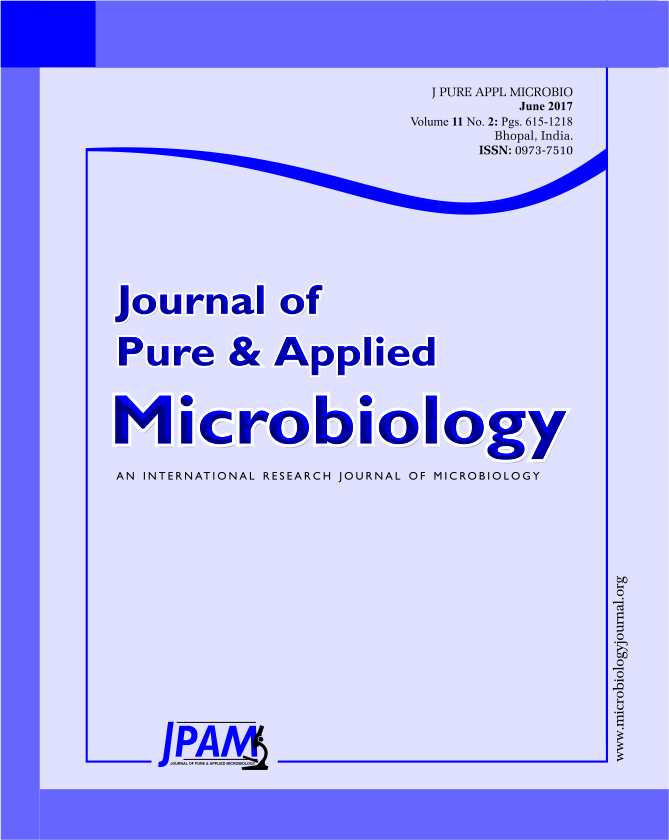The cellulose is enormous source of organic carbon on the earth. It has varied industrial applications; the most important of these in 21st century is bio-ethanol production. The cellulose degradation requires extremes of pH and temperature, and thereby it is expensive and hazardous to the environment. This signifies usage of enzymes for cellulose hydrolysis for its conversion to ethanol. A large number of cellulases have been identified from bacteria and fungi, but there is need of more efficient cellulases. It is observed that majority of microbes defy cultivation under laboratory conditions so the metagenomics offer new avenues in search of novel cellulases, capable of efficient bioconversion of cellulosic materials. Metagenomics is complementary method to traditional culture-based method, as it allows exhaustive mining of microbial genomes from their habitats. This review covers the current status of cellulase gene retrieved from metagenomes of various environments.
Cellulase, Biofuel, Metagenomic library, Function-based screening, Bio-ethanol.
© The Author(s) 2017. Open Access. This article is distributed under the terms of the Creative Commons Attribution 4.0 International License which permits unrestricted use, sharing, distribution, and reproduction in any medium, provided you give appropriate credit to the original author(s) and the source, provide a link to the Creative Commons license, and indicate if changes were made.


